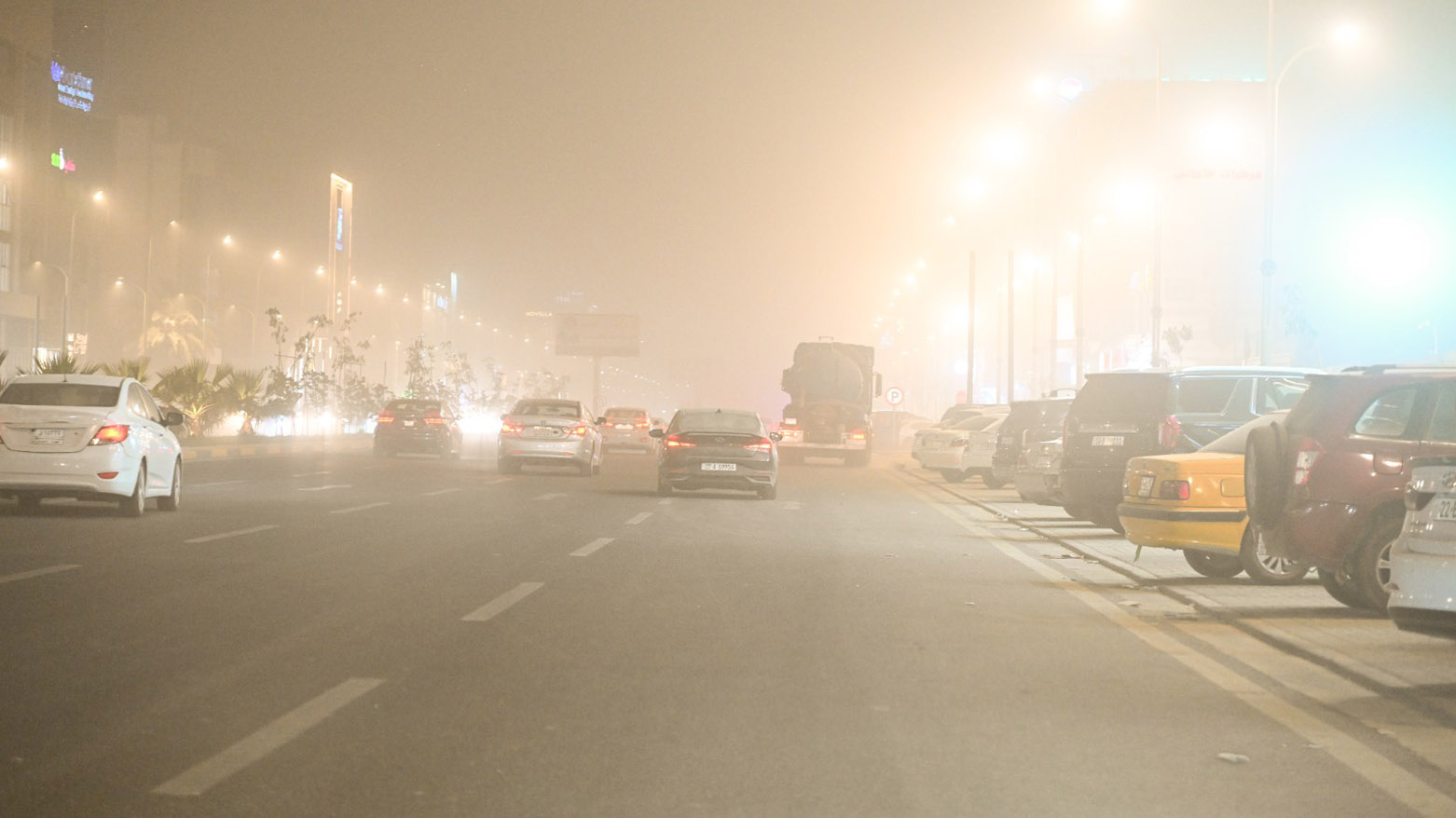Iraq Faces $1 Million Daily Loss Amid Surge in Sandstorms
By 2026, the country could experience as many as 300 sandstorm events annually, a drastic increase that threatens public health, infrastructure, and economic stability.

ERBIL (Kurdistan24) — Iraq is facing escalating environmental and economic damage as a result of intensifying sandstorms, with losses estimated at approximately $1 million a day, according to alarming new findings from environmental experts and the United Nations.
The United Nations Environment Program (UNEP) has issued a stark warning, forecasting a sharp rise in sandstorms across Iraq. By 2026, the country could experience as many as 300 sandstorm events annually, a drastic increase that threatens public health, infrastructure, and economic stability.
“The impact of sandstorms is already significant and growing worse,” UNEP said, calling on the Iraqi government to take immediate action to combat the escalating crisis.
The Green Iraq Observatory, a non-governmental group focused on climate change and environmental monitoring, highlighted the severe toll the storms are taking. “These sandstorms are not only a major environmental hazard but also a growing public health emergency,” the group said, linking the storms to a surge in asthma cases and other respiratory illnesses.
Reduced visibility during storms has also led to a rise in traffic accidents, while agricultural land and livestock continue to suffer extensive damage. Vast amounts of water are being used to clean homes, businesses, and vehicles—an additional strain for a country already grappling with water scarcity.
Environmental expert Adel Mukhtar warned that the crisis is being worsened by the government's inaction. “The rate of desertification has increased significantly in recent years,” he said. “Much of Iraq’s arable land is being converted into housing developments, further worsening the problem. Without urgent and effective intervention, Iraq will face even greater environmental, health, and economic consequences.”
Mukhtar urged the government to implement nationwide reforestation projects, enforce better land use regulations, and invest in sustainable water and agricultural systems to reverse the dangerous trend.
The call for action comes as Iraq remains vulnerable to the effects of climate change, including rising temperatures, prolonged droughts, and dwindling green spaces—factors that amplify the frequency and severity of dust and sandstorms.
As the country braces for another turbulent season, experts are emphasizing that without robust policy changes and environmental protection measures, the human and financial cost of Iraq’s sandstorm crisis will continue to climb.